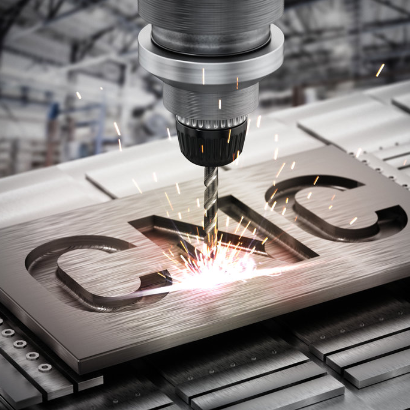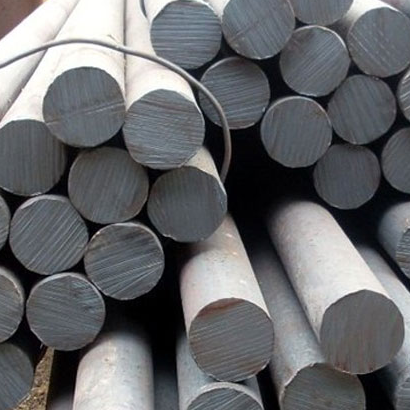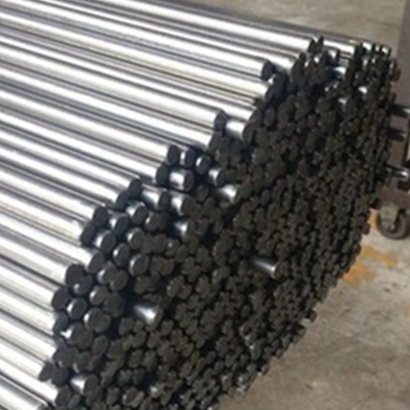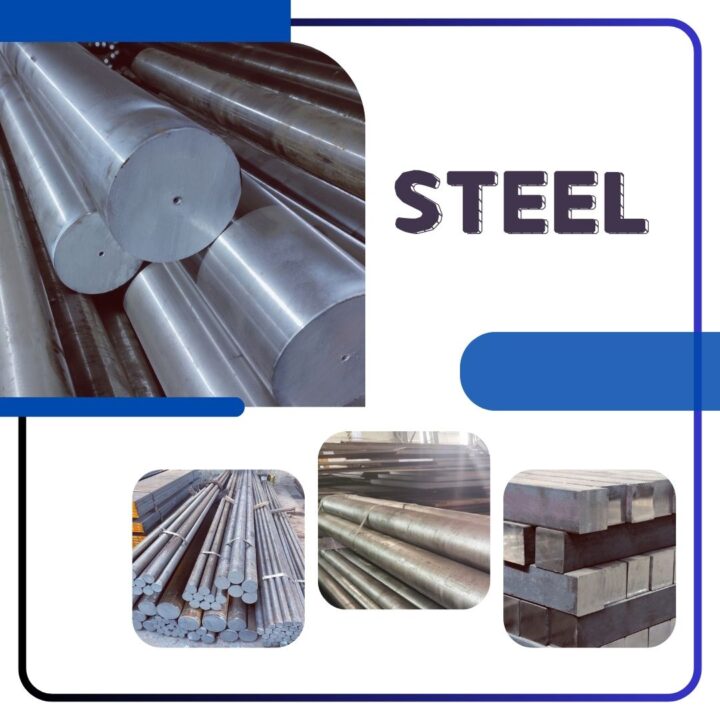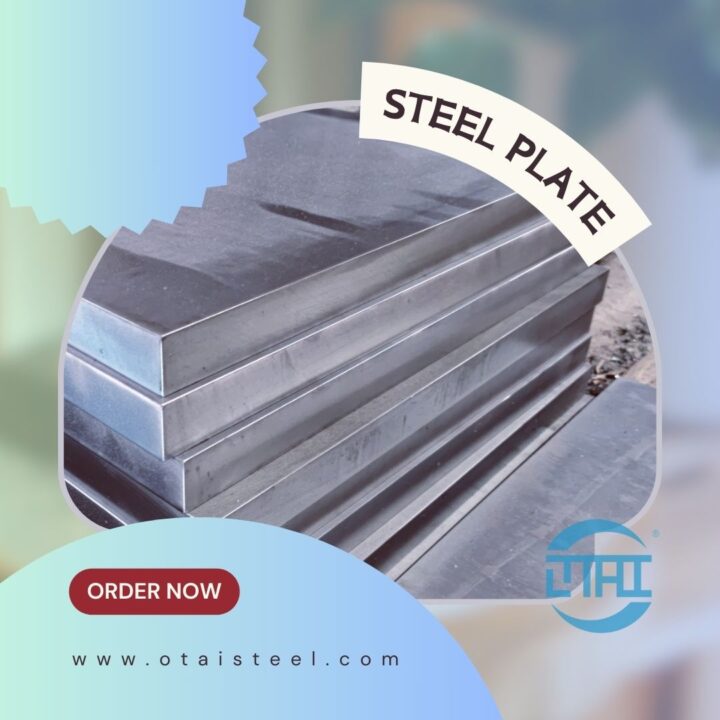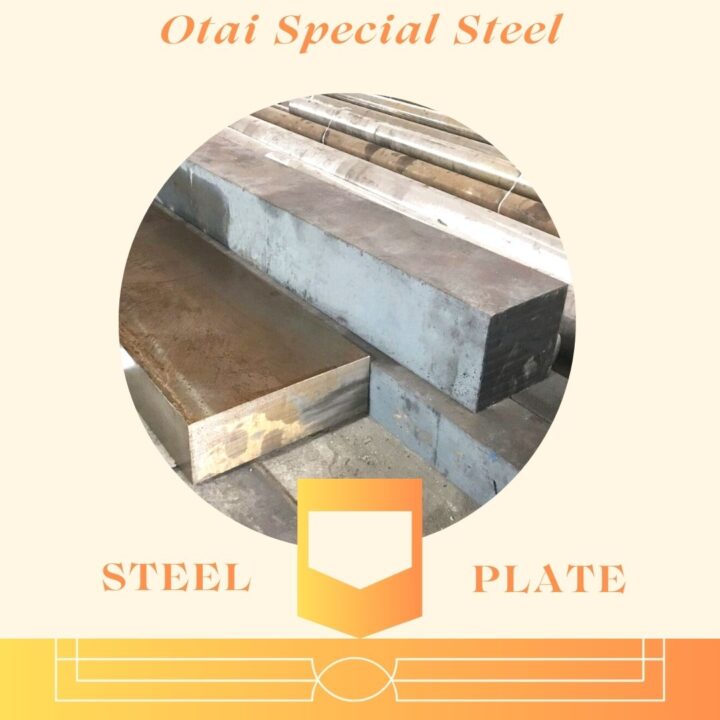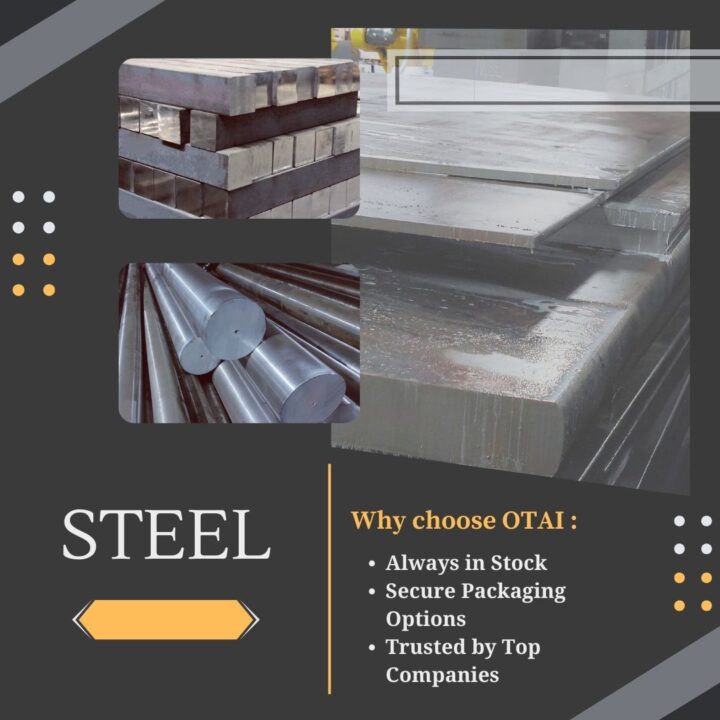Introduction to 4340 Steel: In the world of engineering and manufacturing, selecting the right material for a specific application is crucial. 4340 steel is a versatile alloy that has gained significant popularity due to its exceptional properties and wide range of applications.
Composition of 4340 Steel
4340 steel belongs to the category of nickel-chromium-molybdenum (Ni-Cr-Mo) steels, which are known for their high strength and toughness. The composition of 4340 steel typically includes the following elements:
- Iron (Fe): The primary element, forming the base of the steel.
- Carbon (C): Provides strength and hardness to the alloy.
- Nickel (Ni): Enhances toughness and impact resistance.
- Chromium (Cr): Improves hardenability and corrosion resistance.
- Molybdenum (Mo): Contributes to high temperature strength and creep resistance.
The specific percentages of these elements may vary slightly depending on the manufacturing process and desired properties.
Physical Properties
4340 steel exhibits several notable physical properties that make it suitable for various applications. Some of the key physical properties of 4340 steel are:
- Density: The density of 4340 steel is approximately 7.85 g/cm³, which is relatively high compared to some other alloys.
- Melting Point: The melting point of 4340 steel is around 1427°C (2600°F), enabling it to withstand high-temperature environments.
- Thermal Conductivity: The thermal conductivity of 4340 steel is moderate, allowing for efficient heat transfer when required.
Mechanical Properties
The mechanical properties of 4340 steel make it a preferred choice for applications where high strength and toughness are crucial. Here are some key mechanical properties of 4340 steel:
- Tensile Strength: 4340 steel typically has a tensile strength ranging from 930 to 1080 MPa (135,000 to 157,000 psi), making it highly resistant to deformation under tension.
- Yield Strength: The yield strength of 4340 steel is approximately 785 MPa (114,000 psi), indicating its ability to withstand significant loads without permanent deformation.
- Hardness: 4340 steel can achieve a hardness of around 28 to 32 HRC (Rockwell C scale) after appropriate heat treatment.
Heat Treatment of 4340 Steel
4340 steel can be heat treated to enhance its mechanical properties further. The most common heat treatment processes applied to 4340 steel include:
- Quenching and Tempering: This process involves heating the steel to a specific temperature, followed by rapid cooling (quenching) and subsequent tempering to achieve the desired hardness and toughness.
- Annealing: Annealing is performed to relieve internal stresses and improve machinability. It involves heating the steel to a specific temperature and then slowly cooling it.
The choice of heat treatment process depends on the desired properties and application requirements.
Common Applications
4340 steel finds applications in various industries and sectors due to its excellent combination of strength, toughness, and wear resistance. Some common applications of 4340 steel include:
- Aerospace Components: 4340 steel is used in the manufacturing of critical aerospace components, such as landing gear, shafts, and gears, where high strength and reliability are essential.
- Automotive Industry: The automotive industry utilizes 4340 steel in components like crankshafts, connecting rods, and gears, thanks to its high fatigue strength and impact resistance.
- Oil and Gas Sector: 4340 steel is employed in the oil and gas industry for components like drill collars, shafts, and valves due to its ability to withstand harsh operating conditions.
- Tooling and Machinery: The exceptional strength and toughness of 4340 steel make it an ideal choice for tooling applications, including punches, dies, and molds.
Advantages of Using 4340 Steel
The use of 4340 steel offers several advantages, making it a popular choice in various industries:
- High Strength: 4340 steel exhibits remarkable strength, allowing it to withstand heavy loads and high-stress environments.
- Toughness: The toughness of 4340 steel enables it to resist fracture under impact or shock loading, making it suitable for demanding applications.
- Versatility: 4340 steel can be heat treated to achieve a wide range of mechanical properties, making it adaptable to different application requirements.
- Machinability: With proper heat treatment and machining techniques, 4340 steel can be easily machined into complex shapes and precise components.
By understanding the composition, properties, and applications of 4340 steel, engineers and manufacturers can make informed decisions when selecting materials for their projects. (Introduction to 4340 Steel)
